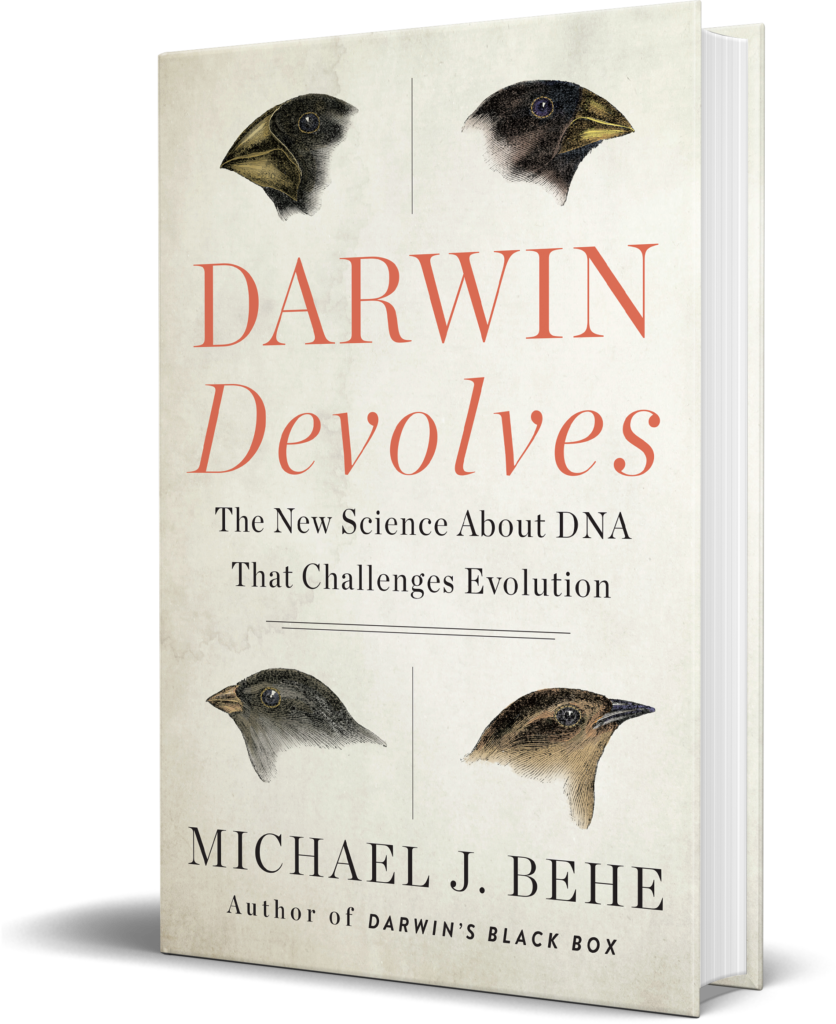Yes, the Darwinbird can do that. Read on.
Birds’ sex chromosomes function somewhat differently from mammalian ones, featuring W and Z instead of X and Y, but the distribution is different. W is small, like Y and Z has lots of genes, like X. We are told that birds can “control the sex of their chicks”:
Most bird species produce more males than females on average. Some birds, such as kestrels, produce different sex ratios at different times of the year and others respond to environmental conditions or the female’s body condition. For example, when times are tough for zebra finches, more females are produced. Some birds, such as the kookaburra, contrive usually to hatch a male chick first, then a female one.
Jenny Graves, “How Birds Sometimes Become Male and Female” at RealClearScience
Okay, but what exactly is doing the controlling here? With alligators, sex depends on ambient temperature (details here.) Ma alligator is not making plans for her brood.
Not so the clever bird:
Why would a bird manipulate the sex of her chicks? We think she is optimising the likelihood of her offspring mating and rearing young (so ensuring the continuation of her genes into future generations).
It makes sense for females in poor condition to hatch more female chicks, because weak male chicks are unlikely to surmount the rigours of courtship and reproduction.
How does the female do it? There is some evidence she can bias the sex ratio by controlling hormones, particularly progesterone. Jenny Graves, “How Birds Sometimes Become Male and Female” at RealClearScience
You see, the hen bird takes stock of her surroundings and realizes the likely outcomes, based on various ratios. She also knows how to do something that no woman in history has ever discovered: Control, unassisted, the sex of her offspring, in accordance with their chances in life.
No natural mechanism is remotely suggested, so we must assume that it is sheer mental power, of the sort that we species-ists once thought existed only in humans, that enables the hen bird to plan for her chicks’ future. Shame on us!
Where would we be in our understanding of animal cognition without pop science mag Darwinism?

No wonder they hate Michael Behe so much, with his monotonous emphasis on “how exactly?” Oh, by the way, speaking of Behe and Darwin Devolves:
Amazon Best Sellers Rank: #3,775 in Books (See Top 100 in Books)
- #1 in Books > Science & Math > Biological Sciences > Biology > Developmental Biology
- #2 in Books > Christian Books & Bibles > Theology > Creationism
- #6 in Books > Religion & Spirituality > Religious Studies > Science & Religion
Follow UD News at Twitter!
See also: A First: Solitary Bees Serve As Stepdads One question comes to mind: For the males, competing for females who are present is cognitively easy. But how do they know about the females who are still larvae? Can they smell them? If not, the behavior seems to require a foresight that is beyond the known cognitive powers of the bee.
and
Can sex explain evolution?